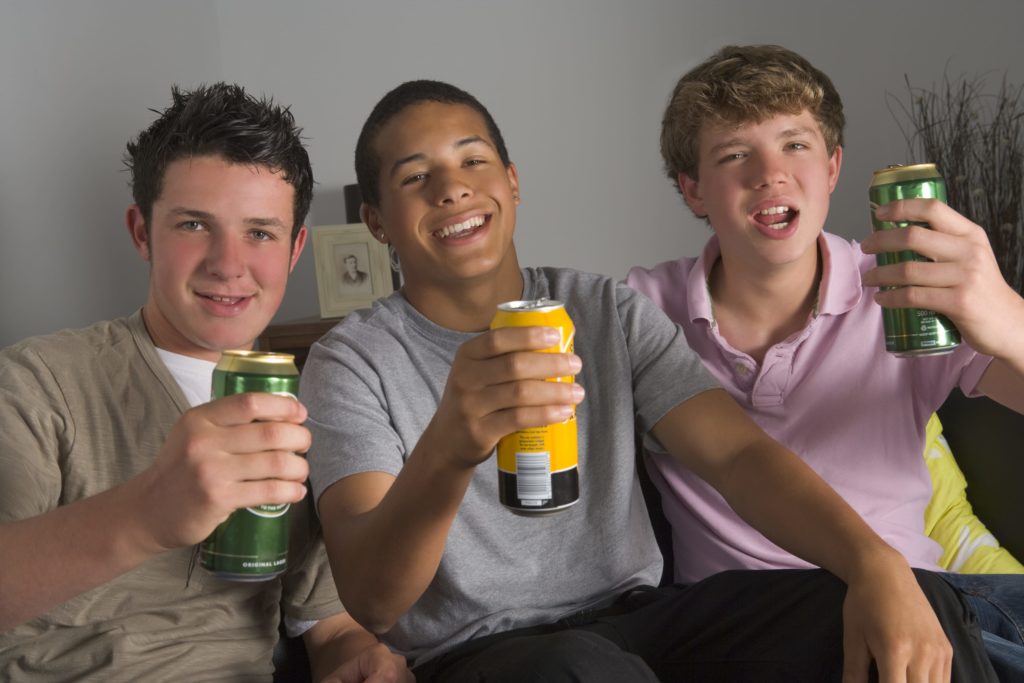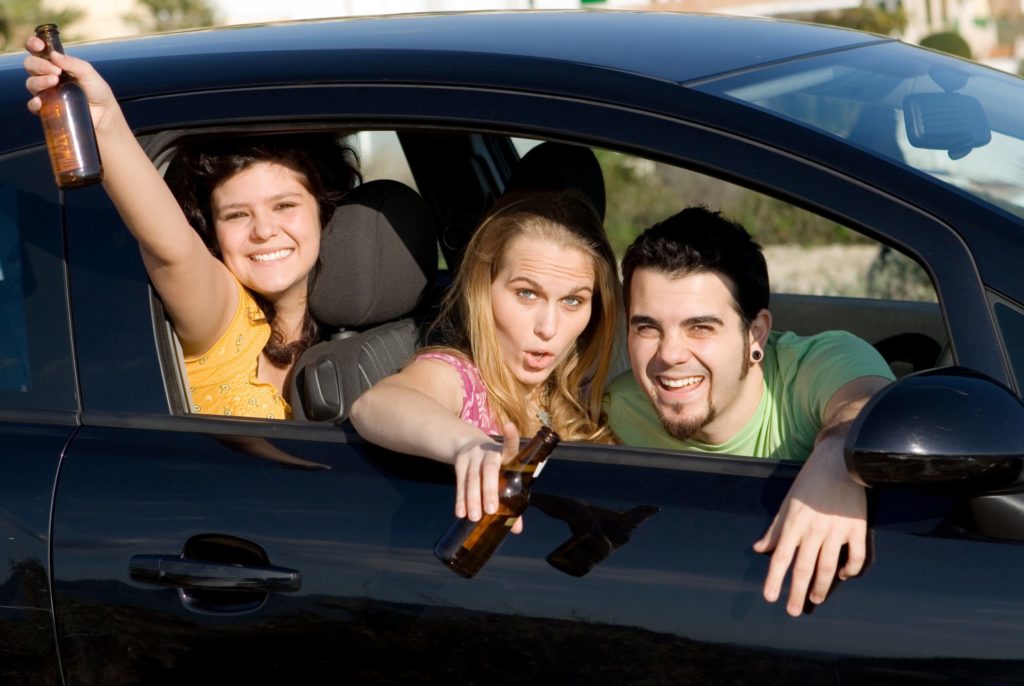There have been many studies which have shown that the earlier a person begins drinking alcohol the more vulnerable they will be to addiction and other alcohol-related problems. However two new studies show that timing can be nearly everything. One study here in the U.S. indicates that letting small children even take sips of a parent’s alcoholic beverage can lead to later bad drinking habits. A study in Germany suggests that kids who start drinking during puberty are more at risk than just about anyone. On the home-front a University of Pittsburgh study examined how tasting alcohol as a youngster can open the door to underage and problem drinking. The study tracked 450 kids from Allegheny County. Information was gathered at 14 distinct intervals on kids ages 8 to 18. The study asked youth to self-report on questions like when they took their first sip of alcohol, when their first drink, when the first time they had three drinks or more and when, if ever, they had gotten drunk. The study questionnaire also asked kids if they had ever passed out or been hung-over. The study found that just taking sips of mom or dad’s glass of wine or beer was enough to predict that a child would start drinking before they were far into their teens (before 14 years).
- 75 percent reported tasting alcohol by the time they were 14 years
- 19 percent reported drinking by the time they were 14 years
- Three percent said they had binged on alcohol – three or more drinks in a row
- Two percent admitted they had been drunk before reaching 14 years
Asked about exposure and drinking four years later
- 96 percent said they had tasted alcohol by the time they were 18
- 78 percent reported drinking by age 18
- 33 percent told of at least two problems connected to alcohol
Allegheny County is not ethnically diverse. There are few Latinos or Asians living in the area. However, the researchers did discover that ethnicity made a difference in whether a child was allowed to sip alcohol early on and experience the resultant risks.
- 18 percent of black children had tasted alcohol before they were a mere eight years old
- 44 percent of white European-American children had tasted by the time they were eight
The research team commented on the number of other studies which corroborate an ethnicity risk factor when it comes to sipping alcohol at an early age. Since later exposure to alcohol is connected to fewer alcohol problems, the lesson is to not allow young children to taste mommy and daddy’s booze. The University of Pittsburgh study which appeared in the online edition of the Journal of Adolescent Health found that if a child took a sip of alcohol by the time they were 10 years old, they were two times more likely to be drinking by the time they were 14 years old. In Germany, researchers took a look at how starting to drink during puberty affected might affect whether or not the person developed alcohol-related problems later on. Researchers in Heidelberg were most interested in kids who took their first drink of alcohol during puberty. Puberty doesn’t strike on the clock – there is much variance among teens on when it occurs – but the highest risk window appeared to between 12 to 14 years of age. Teens who took their first drink of alcohol at that time were much more likely to suffer ill effects from drinking as they aged. The German study followed 283 young people first determining the age of puberty for 131 boys and 152 girls. Researchers then collected data regarding how much alcohol was consumed, how many days there was drinking and whether or not there was any heavy drinking. The study team conducted the longitudinal research contacting kids again at ages 19, 22 and 23 through questionnaires and personal interviews. To double check their findings the Heidelberg team also conducted a rat study looking at pubertal drinking. Both the human and animal study brought the same conclusion; those who start drinking during puberty have more problems with alcohol than those who take their first drink of alcohol in later years. The bottom line is this; there is danger even in letting small children take small sips of alcohol and the greatest risk is for teens who take their first drink of alcohol while their body is undergoing its transition into adulthood. They are more likely to suffer effects of alcoholism and require treatment later in life.






